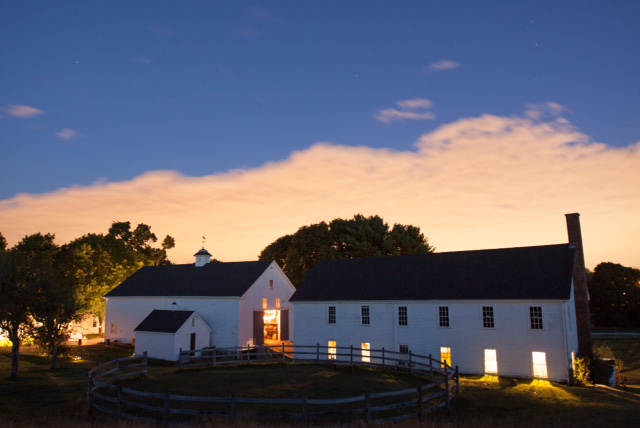
2017 Speaker Series Sessions and Recordings
(Check out our 2018 Speaker Series Line-Up Here)
2017 marked the beginning of our popular farm speaker series. The idea for the series came about because we wanted to be able to inspire and facilitate conversation in a time where it is crucial that we stay informed about the world around us. We wanted to be able to connect our community with experts in a variety of increasingly important topics. So each month during our 2017 season, we gathered in our beautiful 1827 Barn for an evening of discovery and discussion. In an effort to make this useful knowledge accessible to as many people as possible, we do not charge for attendance and with the help of Winchester’s cable access organization, WinCAM, each session was recorded and will be made available on our site so that this information continues to be available.
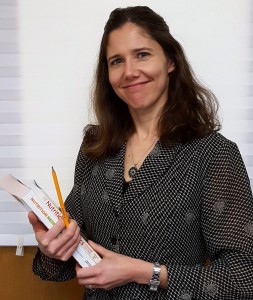
Healthy and Sustainable Food: How American Dietary Guidelines are Looking at More than just Individual Health. Renee Barrile
Registered Dietitian and program director of the MPH coordinated dietetics program at University of Massachusetts Lowell, Renee Barrile will review the latest Dietary Guidelines for Americans, the research behind them, and how they are taking more than just individual health into consideration.
Check out this follow up interview with Renee
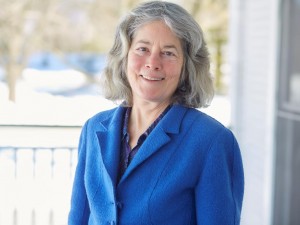
A New England Food Vision – What can the Northeast accomplish by 2060? Molly Anderson
Ever wonder how much food our region could actually produce for itself? Experts in a wide range of fields came together to figure out what is possible and wrote New England Food Vision.
Molly Anderson, one of the authors, joins us to speak about how New England can meet half of its food needs by the year 2060 through repurposing land, making changes in our diets to increase health, and increasing the number of farmers in our region. The vision is ambitious, but feasible with organized effort to change the narrative we tell ourselves about food, publicize the business advantages of local food, and revitalize democracy in our region. Molly will tell us what the Food Solutions New England network is doing to bring all this about.
Molly Anderson is the William R. Kenan, Jr., Professor of Food Studies at Middlebury College in Vermont, where she teaches about hunger, fixing food systems, food sovereignty and sustainable food systems. She collaborates on action and planning food systems at the state, national, regional and international scales. She is a member of the Network Design Team of Food Solutions New England, which promotes the New England Food Vision.
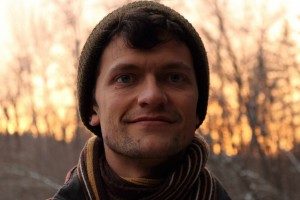
Agroforestry: From Global Strategies to Wright-Locke Farm. Connor Stedman
Over the course of 2017, Connor Stedman of AppleSeed Permaculture has been working closely with the farm and other community members to understand the potential for agroforestry systems at Wright-Locke. Through agroforesty’s diverse set of practices that integrate agriculture, forestry, and conservation, these systems can increase food production, biodiversity, and carbon sequestration on the farm while reducing erosion, drought impacts, and other climate change-related vulnerabilities. This talk will unveil the newly developed Master Plan for the pasture and forest lands of Wright-Locke and share how agroforestry can benefit farms and communities throughout New England in the years to come.
Connor Stedman, M.S., is an ecological designer and educator specializing in perennial agriculture and helping farms adapt to and mitigate climate change. As principal and head designer at AppleSeed Permaculture LLC, Connor consults and teaches on regenerative agriculture around North America. He serves as head faculty at the Omega Institute’s Ecological Literacy Immersion Program and as a professional affiliate instructor in the University of Vermont’s Leadership for Sustainability program.
Follow-Up Interview with Connor Stedman and Executive Director, Archie McIntyre
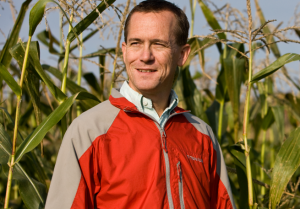
A Closer Look at GMOs. Timothy Griffin
Genetically-engineered crops, often referred to as GMOs, have been part of the U.S. Food system for only about 20 years. During that time, they have been widely adopted by farmers, and criticized by many. Tim Griffin of Tufts University will host this conversation about GMOs: what are they, how are they different from other crops (and how are they similar), and what are the potential benefits and risks.
Tim Griffin is an associate professor at the Friedman School of Nutrition Science and Policy, Tufts University. He directs the Agriculture, Food and Environment program, and is also involved in many interdisciplinary education and research efforts focusing on the food system. He recently served on a National Academy of Sciences committee on genetically engineered crops, and also as an adviser to the 2015 Dietary Guidelines Advisory Committee, focusing on sustainability and diets.
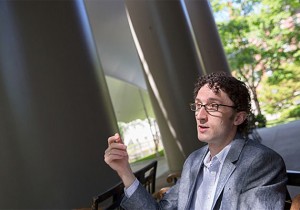
The Health Benefits of Renewable Energy Choices: A Role for Carbon Pricing
Jonathan Buonocore, Sc.D. Program Leader of Climate, Energy, and Health at the Harvard T.H. Chan School of Public Health and the Center for Health and the Global Environment will help answer such questions: What are the sources and health impacts of air pollution? What is carbon pricing and how would it positively affect our health in Massachusetts? This session is co-sponsored by: the League of Women Voters of Winchester and Massachusetts, Wright-Locke Farm Conservancy, and Winchester Farmers’ Market Community Hub.
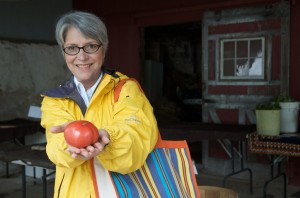
Food and Health. Food as Medicine. Marydale DeBor
Founder of Fresh Advantage and New Milford Hospital’s Plow to Plate program and lecturer at Yale University’s School of Medicine, Marydale Debor, J.D., will speak about her experience at the intersection of the food system and healthcare and how important it is to keep these two fields closely intertwined. She will also expound on some ways that Wright-Locke Farm could act as a resource and potential partner to the important health institutions in our community.